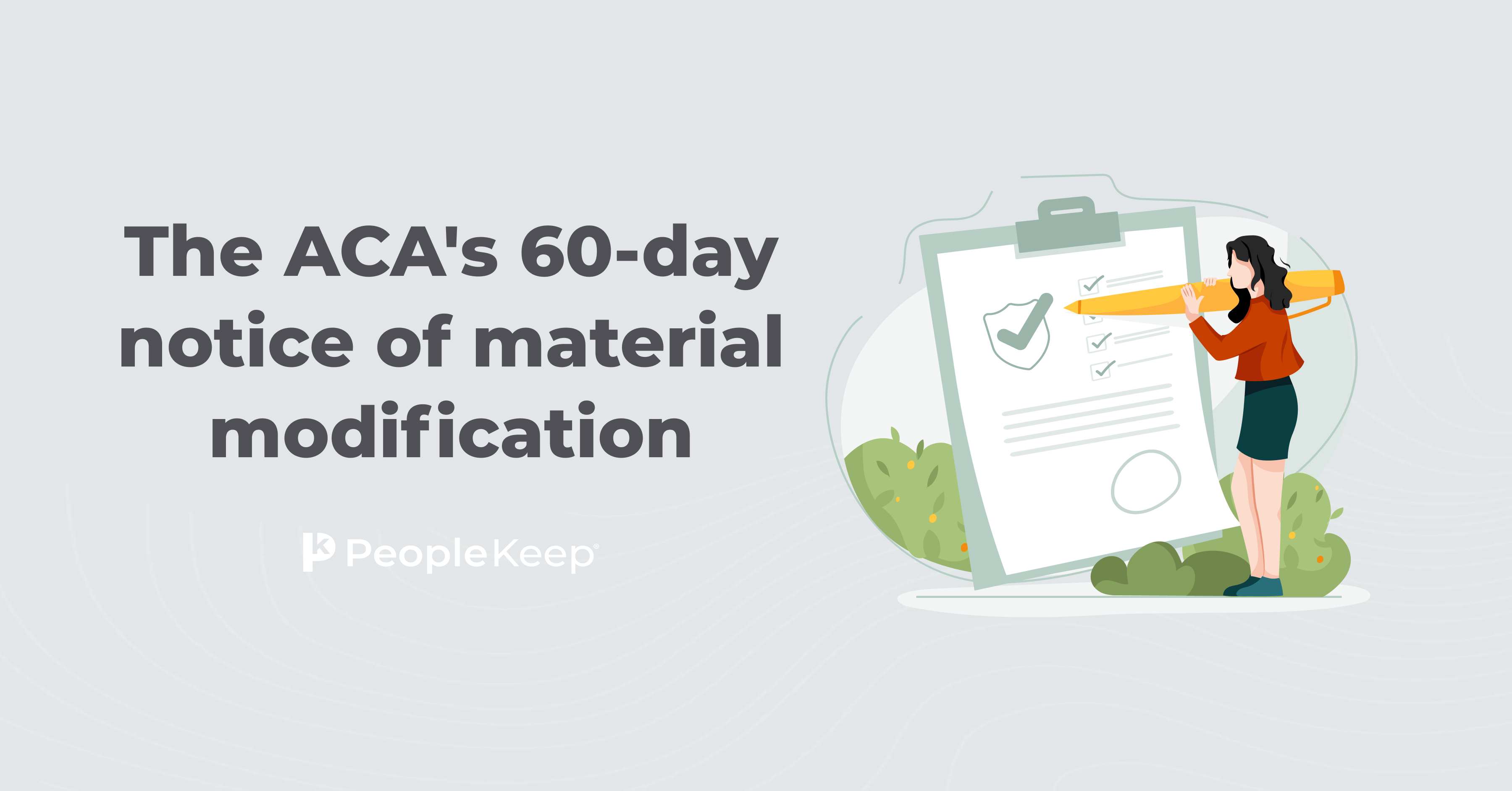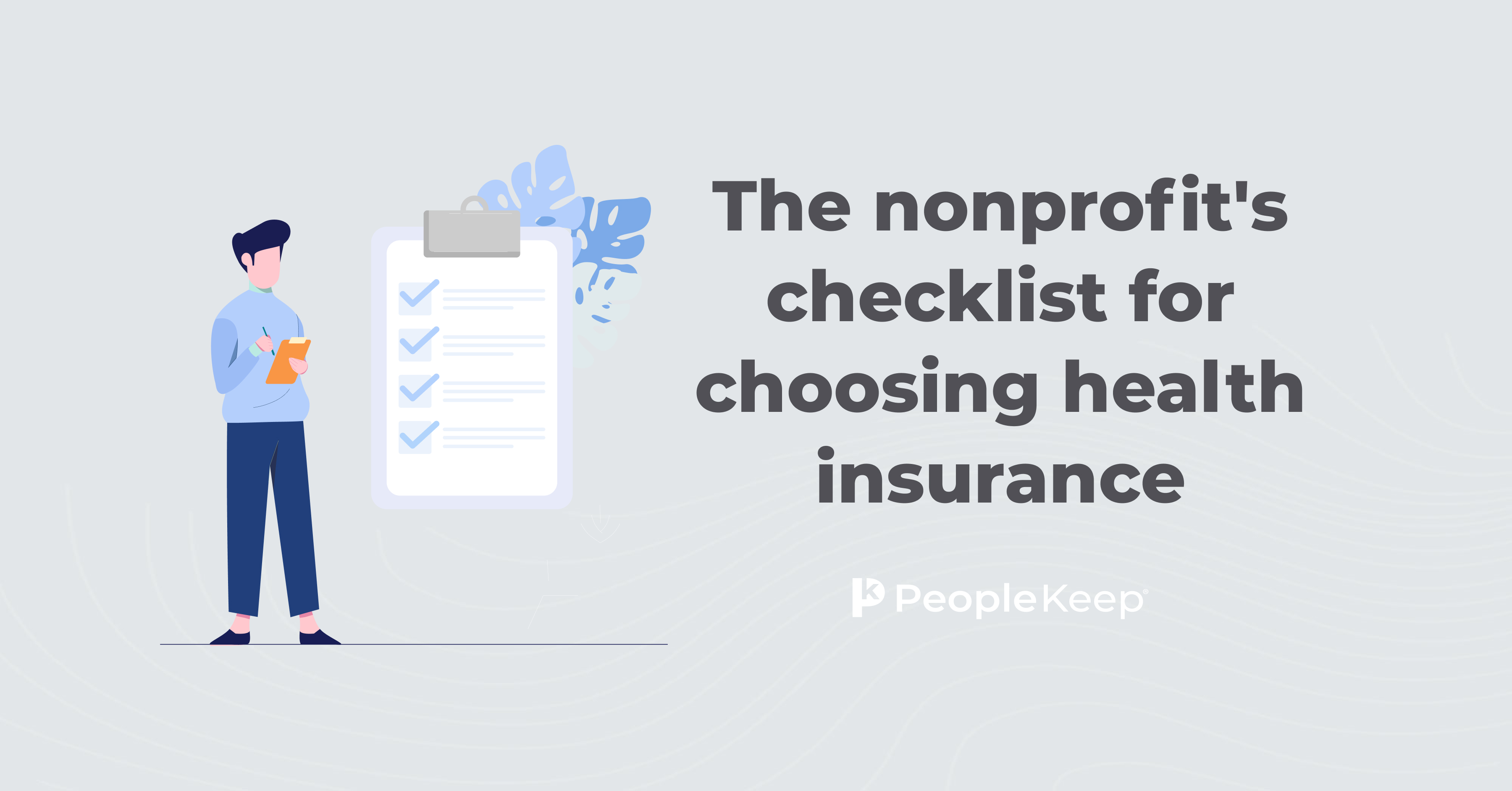What does a benefits specialist do?
By Elizabeth Walker on March 1, 2024 at 9:35 AM
Companies must have solid benefits packages to retain top talent in a competitive labor market. Perks and compensation make companies more attractive to prospective and current employees. While employers offer a salary and benefits to employees, a benefits specialist often puts the package together.
A benefits specialist, or a compensation specialist, works in a company’s human resource department. They oversee employee benefit programs and are responsible for designing cost-effective benefits packages for employers. But how do you pick the best person for this critical job?
In this article, we’ll review the role of a benefits specialist, including their job demand, responsibilities, and what skills they need to be successful in your organization.
Takeaways from this blog post:
- A benefits specialist's primary duties include overseeing compensation policies, designing benefits packages, and managing employee training programs.
- Essential skills for a successful benefits specialist include knowledge of HR and business management, analytical thinking, and industry experience. They must also have in-depth knowledge of federal and state laws and verbal communication skills.
- Experts expect the demand for benefits specialists to grow in the coming years, with organizations recognizing the importance of enticing job seekers and boosting their retention rate through robust compensation packages.
What is an employee benefits specialist?
Benefits specialists are a crucial part of a company’s human resource department. These professionals manage and administer a company’s employee benefit and compensation programs, including disability insurance, retirement benefits, healthcare plans, life insurance, and more.
A compensation specialist must have a strong knowledge of federal and state laws. For example, a benefits specialist job description can include coordinating an employee’s leave per the Family and Medical Leave Act (FMLA) or changing contribution amounts in a 401(k) account.
Moreover, they should be able to explain these complex topics in simple terms to employees. Without a benefits specialist’s expertise, employees could find themselves uninformed and navigating complicated benefit databases on their own.
A benefits specialist is invaluable to an employer. They have a direct hand in attracting and retaining workers, keeping up with the job market and the competition, and ensuring that employees understand their benefits package so they can get the most use out of their offerings.
According to Forbes, 40% of employers say that employees are leaving their current jobs for a position that offers better benefits1. Failing to provide voluntary benefits makes companies less attractive and pushes ideal candidates to consider other options. That’s where an employee benefits specialist can help.
What is the demand for benefits specialists?
What used to be an overall human resource responsibility is now very much in the benefits specialist’s job description. You'll find a benefits specialist in many organizations where an employee receives compensation and benefits. Organizations hire specialists to design, evaluate, and administer their benefits programs, and the need for compensation specialists isn’t slowing down.
The U.S. Bureau of Labor Statistics projects the employment of benefits and compensation specialists to grow 7% from 2022 to 2032, which is about 105,100 openings projected annually, on average2.
Today, more employers seek specialists to help shape their benefits strategy. 82% of global organizations believe innovation is the key to attracting and retaining employees3. With the help of a top-notch benefits specialist, you can create an innovative compensation package that will get qualified candidates in the door and keep them happy at your company long term.
What are the responsibilities of a benefits manager?
Your HR department is constantly putting out fires and managing day-to-day office procedures for your employees. But asking them to handle your employee benefits on top of what they’re already doing could be a mistake.
A good compensation specialist requires a wealth of specialized knowledge, analytical skills, and solid communication skills. They must understand and evaluate complicated employment laws, insurance plans, retirement programs, and compensation practices.
Simply put, they’re the contact person for new hires and long-standing employees looking to maximize their benefits.
A specialist’s primary duty is to oversee the compensation policies and benefits packages an organization offers its employees. They also create and administer employee training programs and manage analysis for job classifications and annual salary requirements.
Other experience requirements include:
- Coordinating retirement, pension, profit-sharing, and stock ownership plans
- Researching and analyzing ancillary benefits, like health, dental, and vision insurance plans
- Managing the benefits administration process for the company
- Determining employee program eligibility for certain benefits and perks
- Designing a comprehensive and affordable benefits package
- Evaluating the costs and benefits of wellness and employee assistance programs
- Developing and evaluating techniques for compensating employees
- Advising management on resolving benefits issues
- Building and maintaining relationships with health and retirement plan providers
- Assisting employees with the benefits enrollment process and answering any questions
- Reviewing benefits vendor invoices, resolving disputes, appealing decisions made by insurance companies, and reporting on fees and costs
Finally, compensation specialists communicate with employees to notify them of valuable perks. When you empower employees to use their benefits package to its fullest potential, engagement increases, and you leave less money on the table for your organization.
For example, suppose a company pays thousands annually for wellness programs like a gym membership, and only 20% of their employees use it. In that case, a benefits specialist can analyze the gaps and take steps to fix the problem.
What skills should a benefits specialist have to be successful?
A good compensation specialist must have a human resource and business management background to put together an attractive benefits package. They need ample work experience and critical-thinking skills.
They must be able to speak knowledgeably about their findings to top-level managers and clearly explain the salary and benefits packages to employees. A compensation specialist must also be ethical because they decide what’s best for the employees while saving the company money.
Other skills include:
- Organizational skills and time management skills
- Verbal and written communication abilities
- Extensive knowledge of employee benefits and laws
- Insurance industry knowledge
- Strong computer literacy
- Interpersonal skills
But, finding the right employee benefits specialists involves more than hiring someone with a degree who has completed the necessary certification programs. There are three elements to a compensation specialist's job description that can make or break their success.
Three essential qualities of a benefits specialist include:
- Analytically minded and an understanding of benefits-related data
- Technically inclined in modern HR technology
- Industry experience to promote company growth
Lastly, a certified employee benefits specialist (CEBS) certification is a huge plus. The CEBS program is a rigorous five-course curriculum covering the entire spectrum of employee benefits plans. A certification from this program can also help your specialist flourish in your organization.
Conclusion
Many employees apply for jobs depending on the company's rewards and benefits. Employee benefits have become essential to any competitive employee compensation package, so working with a specialist should be your first step when setting up effective benefits policies.
A compensation specialist will help you find a variety of options based on your company’s needs and budget and help you establish best practices. If you’re considering ramping up your business’s recruiting and retention efforts, a knowledgeable benefits specialist can go a long way toward your organization’s success.
This article was originally published on May 16, 2022. It was last updated on March 1, 2024.
1. https://www.forbes.com/advisor/business/best-employee-benefits/
Check out more resources
See these related articles

The ACA's 60-day notice of material modification
Need a quick summary of material modification under the ACA? Look no further! This concise guide has all the information you need to know.

Should I offer an HRA or HSA?
Deciding between an HRA and HSA? Get all the information you need to make the right choice for your employees' healthcare needs.

The nonprofit’s checklist for choosing health insurance
Are you a nonprofit organization in need of health insurance? Look no further! Our checklist offers guidance on choosing the best plan for your needs.



